At 39 weeks, mom is not only physically, but already mentally prepared for childbirth. The kid is also absolutely ready for the birth. The baby weighs about 3.25 kg, and his height is about 48-50 cm. In a word, in size it looks like a small watermelon.
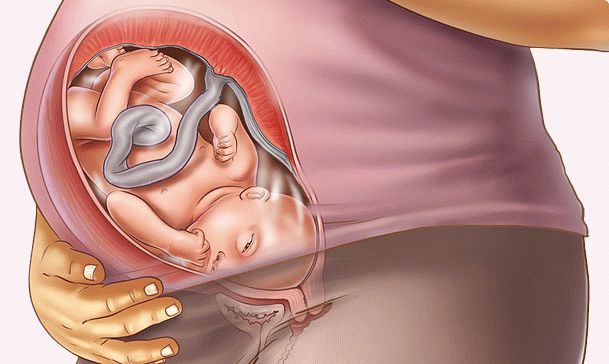
How many months?
If your pregnancy has reached 39 obstetric weeks, it means that the baby was conceived thirty-seven weeks ago (9 months and 1 week. About timing).
The fetus and its development at 39 weeks
Since the child is considered full-term already at a period of 38 weeks, it is not surprising that this week may be the last. All systems and organs of the baby are already ripe, it is completely viable. As a rule, by this time, every mother is looking forward to meeting with the baby, which she has been carrying for nine months.

Internal fetal changes
The fruit is already formed and continues to grow little by little. He still receives nutrients for further growth and vital activity through the umbilical cord and placenta. His lungs are ready for the first breath, which will be taken immediately after birth. The intestines already have villi necessary for absorption of nutrients, and the stomach produces enzymes to break down food.
Various reflexes are also developed, especially the sucking, which the baby will demonstrate immediately after birth. The central nervous system is developed unevenly. So far, only sensitive analyzers, glial tissue, spinal cord, and part of the facial nerve, which helps to produce sucking movements, have matured. Other components of the central nervous system will continue to form after childbirth.
Your baby is already able to focus his eyes at a distance of 20-30 cm. It is at such a distance when feeding that his head will be located on behalf of the mother. The brain of a crumb is already able to distinguish between voluminous objects, color images and various kinds of movements, sensitivity to contrast and brightness of colors is developed.
External changes
Your baby is no different from a newborn. Hair on the head can grow up to 4-5 cm, and a specific fluff (lanugo) has already disappeared from his body. There is no primordial lubricant on the body, its insignificant amount can remain only in deep folds. Marigolds have grown, they can extend beyond the fingers. The baby’s skin, the outer layer of which should be renewed this week, has a beautiful pale pink color, which indicates the subcutaneous fat layer that has formed.
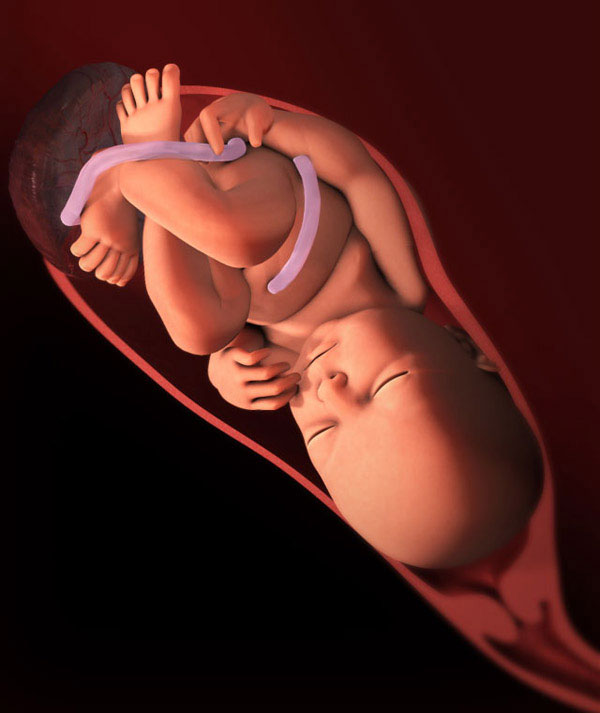
At the age of 39, expectant mothers notice a decrease in the motor activity of their child. However, do not worry. In my mother’s tummy, there is already very little space for performing somersaults and other movements. The body of the fetus occupies almost the entire space of the uterus. Another reason is the decrease in the amount of amniotic fluid. In addition, the baby will need strength to participate in the upcoming birth process. That is why a pregnant woman feels little movement.
The location of the fetus in the uterus
Data on the location of the baby in the uterus is necessary for doctors to determine delivery tactics. Not all babies are located correctly. A normal course of labor is possible only with the correct position of the fetus. That is why doctors pay great attention to this issue.
Most often, at the thirty-ninth week, the fetus occupies the same position that it will occupy during childbirth. And if he lowered his head or buttocks into the pelvic area of his mother, then he is unlikely to change his position. But there are times when a child unfolds at the most crucial moment - during childbirth.
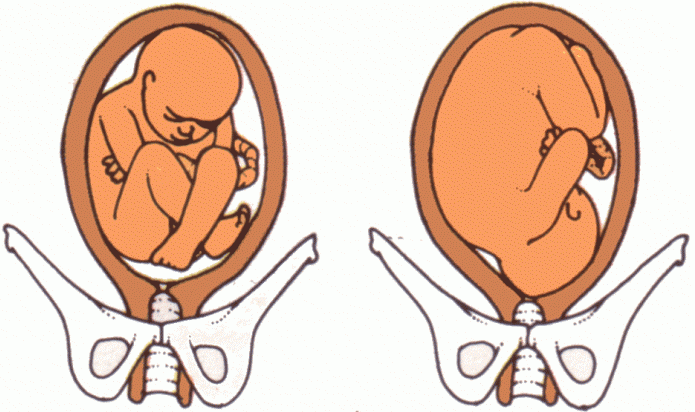
The correct position of the fetus is considered to be a longitudinal position with head presentation, that is, when the baby is positioned head down and along the uterus. However, the fetal body may be across the uterus, in an oblique position and head up. If the baby cannot be “turned” into the correct position, then the mother is usually given a cesarean section. The operation can be performed this week.
How the future mother feels
At the 39th week, mom experiences mixed feelings. She is afraid of the upcoming birth and at the same time she is looking forward to those moments when she can press her baby to her chest. The pregnant woman continues to experience various discomforts. As a rule, before the birth, the expectant mother does not want to visit, but tries to find a secluded place in the house where no one will bother her.
Preparation of the uterus for childbirth
At this time, the woman’s body is actively preparing for the birth process. The main changes, of course, occur in the uterus, which rises about 40 cm above the pubic joint. This is manifested in the shortening and softening of the cervix. After all, soon a baby who should not get injured will pass through it.
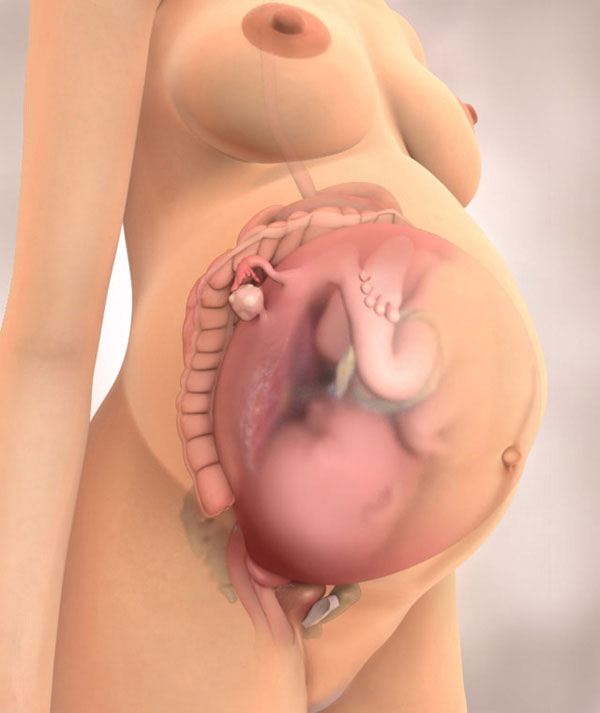
During labor, the pelvic bones move apart to allow the baby to pass. Therefore, the tissue connecting the pelvic bones becomes softer. The excitability of the uterus increases, because it has to work throughout the entire process of the birth of the baby. In the meantime, this body is "training." The baby's head is already pressed against the exit from the uterine cavity, preparing for the birth of the light.
Harbingers of the Birth
At the age of 39, a woman experiences all the “charms” of the precursors of childbirth:
- training (false) contractions;
They are also called the “Brexton Hicks Fights.” They resemble contractions during menstruation, but may differ from them in their intensity. Training fights prepare the uterus for childbirth. These fights can be confused with the true ones.
- prolapse of the abdomen;
The huge belly falls down, and the precursor of the fetus (head or buttocks) is pressed to the entrance to the small pelvis. Pressure on the lungs and stomach, from which the woman suffers most of the pregnancy, is significantly reduced. Therefore, you are hardly tormented by shortness of breath and heartburn. It makes it easier for you to breathe and eat.
- water discharge;
This is how birth can begin this week.If you have already begun to flow amniotic fluid, which is a colorless liquid, immediately go to the hospital. Do not be alarmed if a whole stream of water rushes out of the vagina. Water can flow not only in small streams, but also in large portions.
- discharge of the mucous plug;
This substance is a white, pinkish, and yellowish mucous substance with red streaks that closes the entrance to the cervix. Its function is to protect the fetus from possible infections. The mucus plug can go away one to two weeks before the birth of the baby, and immediately before birth.
- colostrum excretion;
Colostrum is a secret produced by the mammary glands in the last days before birth and in the first days after birth and containing a large amount of protein. Your baby will eat this liquid for several days after birth. If you notice small wet spots on the bra, expect a quick delivery. To avoid colostrum marks, specially designed linings can be used.
- weight loss;
Surely for nine months you are already accustomed to a constant increase in your weight. In recent days, on the contrary, you can lose up to 2 kg or stop gaining weight. This is a sure sign of an approaching birth. The body intensively gets rid of everything that can interfere with the birth process, including excess fluid.
For this reason, and also because of the pressure of the abdomen on the intestines and bladder, a pregnant woman may suffer from diarrhea and frequent urination. Appetite may decrease. At thirty-ninth week, the expectant mother does not need extra fat deposits and a busy digestive tract at all.
How are fights
Contraction is one of the most important signs of an approaching birth. Usually, in the last days of pregnancy, a woman is worried about false contractions, which are replaced by real ones when labor occurs. The latter occur after a certain interval of intervals, which are increasingly being reduced.
As soon as you suspect the onset of contractions, you should detect their duration and frequency. When the contractions of the uterus begin to bother you every five minutes, take a prepared bag with things, documents and go to the hospital. When fighting, do not forget about proper breathing.
Pain
This week is characterized by the following pain:
- cramping (like during menstruation) and pulling pains in the lower abdomen, which are associated with contractions of the Brexton-Hicks, a feeling of a “hard” like a stone of the abdomen due to the tone of the uterus;
- drawing pain in the lumbar region and in the perineum as a result of fetal pressure;
- "Shooting" pains in the pelvic area, which may appear due to the fact that the baby is trying to find a place in the birth canal and presses on the pelvic bones;
- heaviness in the legs;
- constipation, which can cause the appearance of hemorrhoidal painful nodes, especially with improper nutrition;
- arms and legs may go numb;
- exacerbation of diseases.
A woman may be disturbed by edema that causes discomfort. If you have a sharp illness, take it seriously. After all, any pain can be a sign of a starting birth or any kind of threat.
Discharge
Light-milky discharge with a faint sour smell is normal and should not be alarming. But the discharge of green, yellow with a pungent and bad smell is an occasion for an immediate visit to the doctor. They may be a sign of an infection that has entered.
If you notice thick mucus with blood streaks on your underwear, do not worry. So the mucous plug departs, indicating the approach of childbirth. Amniotic fluid (colorless liquid) can leave at any time - in large flow or in small portions.This means you have to go to the maternity hospital. If they are colored greenish, consult a doctor immediately.
Surveys
If the pregnancy proceeds normally, no special examinations will be prescribed. You have to pass a general urine test and visit the office of an obstetrician-gynecologist, where blood pressure, your body weight, tummy circumference and height of the uterine fundus will be measured. The doctor will palpate the abdomen with his hands to find out if the fetus is correctly located in the uterus. Your limbs will be checked for swelling.
A fetal heartbeat will be recorded - cardiotocography (CTG). This procedure determines the correct operation of the baby’s heart, his body movements and the frequency of uterine contractions. Ultrasound examination (ultrasound) is performed only if necessary, for example, when a woman carries twins, in case of danger of fetal entwining around the umbilical cord or during childbirth by Caesarean section.
This week, you can discuss your upcoming birth with your doctor and ask questions. Always keep the exchange card with you. If you are going somewhere, do not forget to put this document in your bag. You will need an exchange card in the maternity hospital, where you can be at any time. If Caesarean section is assigned to you, then the operation will most likely be done already this or next week.
Possible risks
At a period of 39, the danger of placental abruption is still relevant. This process can be identified by the occurrence of sharp abdominal pain, spotting and poor health of the future mother. If you observe at least one of the symptoms, consult a doctor immediately.
This week hypoxia, that is, oxygen starvation of the fetus, may develop. It can arise as a result of entwining a child with an umbilical cord or for other reasons. In such a situation, constant monitoring by a doctor is important. Perhaps the wrong location of the fetus in the uterine cavity, which is solved by Cesarean section.
There is a risk of gestosis. The development of this disease indicates a high rate of protein in the urine and a sharp increase in pressure. To prevent the transition of gestosis to eclampsia, which is characterized by cramps and fainting, you need to see a doctor as soon as possible (about toxicosis and gestosis).
Intimate life
Despite the long term, sex in the absence of contraindications is not a ban for a couple expecting a baby. The main thing is to use such poses in which there is no pressure on the stomach. However, in the thirty-ninth week, an active sex life can trigger the onset of childbirth, so do not be surprised if you come across precursors of childbirth soon after sex.
The only limitation of intimate life is the passage of the mucous plug, because an infection can get into an unprotected cervix. Of course, this problem can be solved by using a condom. But still, it's better to wait until the moment when you can have sex without fear. In addition, a huge belly allows not all women to relax.
Recommendations
[sc: rsa]
- Make sure that you are ready to enter the hospital - check the availability of the necessary documents and things. All this needs to be put in a plastic bag, since most maternity hospitals do not accept women in labor with bags.
- Ask about the unspoken rules that are followed in the hospital. Surely among your friends there are mothers who gave birth recently. Check with them which of the things taken by themselves were useful to them, and which are not.
- Eat a healthy diet. Eat often, but little by little.The main share of your diet should be fresh fruits and vegetables, cereals, boiled meat and dairy products. Try to avoid sweets, fatty and fried. Rememberthat during childbirth the stomach should not be overloaded.
- Have a rest! If you can’t get enough sleep at night due to constant trips to the restroom, unrest and training fights, sleep during the day. At birth you will need strength and energy. And after the birth of the baby, most likely, you will have to forget about a full sleep.
- Teach your loved ones that soon another member of the family will live with you. Let me get used to this idea not only to my husband, but also to children. Distribute responsibilities, because it is important for you to save your strength before childbirth. Moreover, your relatives need to get used to the fact that soon you will constantly need their help.
- Let your husband know how much you need his support. If he is going to the maternity hospital with you, he should have all the necessary tests and the results of fluorography ready.
- Keep applying cream or vegetable oil on parts of the body that run the risk of getting striae (stretch marks). Vegetable oil (olive or wheat germ oil) can also be rubbed into the delicate skin of the perineum. This will reduce the risk of gaps during the birth of the baby.
- Read about giving birth. This will help you act correctly during the birth process. It does not hurt to read the literature on rore feeding and baby care. This is especially useful for those women who have to become a mother for the first time.
If the pregnancy is delayed. How to speed up childbirth
The fear of preterm birth is replaced by the fear of a postponed pregnancy, when a woman realizes that it is time, and the baby still does not want to be born. At this time, the expectant mother begins to be interested in how to expedite the birth. However, do not worry much, even if the gestational age has crossed the expected date of birth.
The fact is that doctors from the very beginning could be mistaken with the date of conception, and therefore could confuse the date of the alleged birth. Therefore, pregnancy is considered to be postponed only from the 10-14th day after this date. If the doctors are convinced that it’s time for the baby to be born, they can look at you on the armchair and break through the fetal bladder. This will cause the onset of labor.
At the hospital, you can be given advice on how to induce birth at 39 weeks of pregnancy on your own. This is usually done in two safe ways. The essence of the first method is to lead an active sex life. Orgasm causes uterine tone, and sperm softens the cervix. The second method is to gently but persistently massage the nipples of the breast.
So your pregnancy comes to an end - the period that you will remember with tenderness and warmth. Your task is to prepare for childbirth and make them the most comfortable for you and your baby. Therefore, in the hospital it is worth taking not only the necessary documents and things, but also positive emotions.
We also read: a complete list of things for a newborn baby
Video guide: 39 weeks of pregnancy what is happening, amniotic fluid outflow, recovery after childbirth
Start of labor

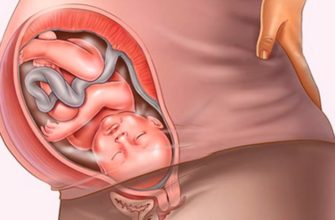
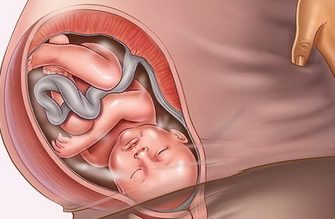
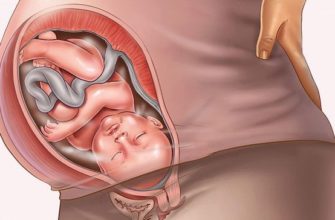
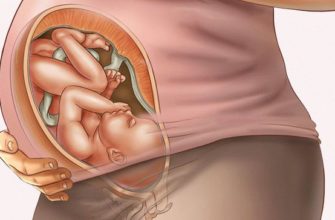
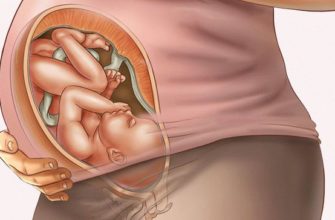
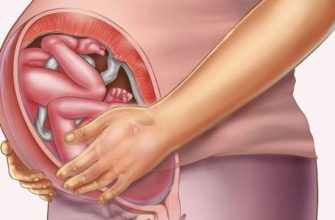
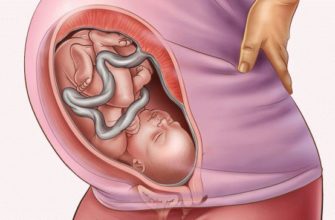
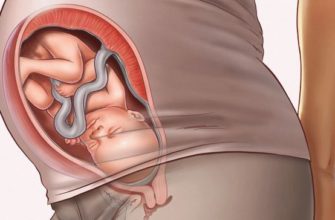
I fully confirm the method of stimulating labor through intimacy with my own personal example. After making love with her husband a few days before the appointed time, they called an ambulance, the contractions were not false. Now the owners of a wonderful daughter, so to speak, born in love!
For me, the 39th week of pregnancy was the most exciting and long-awaited. After all, my first baby was to be born. But at the same time she was also the most difficult, her legs swelled very much, her back was drawn, it was harder to walk than usual. At night I could not sleep peacefully, woke up from every rustle, was afraid that everything was about to begin. My doctor advised as much as possible to be in the fresh air to prevent fetal hypoxia. The most important thing that I understood during this time is that you need to relax and enjoy the last week of pregnancy, there is nothing to worry about in labor pains or in childbirth itself!
When a friend had such a term, she had no harbingers. The stomach didn’t fall for some reason. She had various pains: now she complains about her back, then about her buttock. The next day I went to the antenatal clinic, and they left her there to look after her!